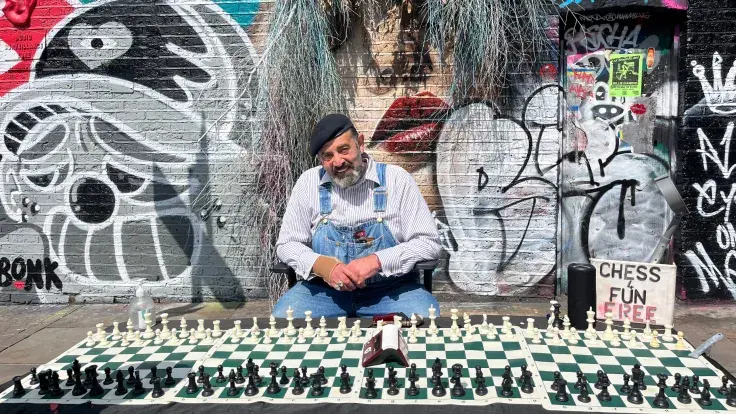Zohran Mamdani, a name largely unknown just months ago, has captivated New York City's political landscape, declaring victory in the Democratic primary for mayor from a Queens rooftop bar. While the final ranked-choice count awaits on July 1, the 33-year-old’s journey from a young immigrant with an artistic soul to a serious contender for the city's highest office is a testament to an unconventional path and deeply held convictions. Mamdani stands on the cusp of making history as New York City's first Muslim and Indian American mayor, and its youngest in generations.
A Life Shaped by Global Experiences and Faith
Born in Kampala, Uganda, Zohran Mamdani's early life was marked by movement and adaptation. His Indian parents instilled in him a global perspective, a trait further honed by brief stays in Cape Town, South Africa, before settling in New York City at the age of seven. This early exposure to diverse cultures and the immigrant experience has clearly shaped his worldview and, by extension, his political motivations.
His family boasts a rich intellectual and artistic lineage. His mother, Mira Nair, is a celebrated, award-winning filmmaker behind cinematic masterpieces such as "Monsoon Wedding," "The Namesake," "Salaam Bombay!," and "Mississippi Masala." These films often explore themes of identity, migration, and cultural clashes, echoing the very fabric of New York City itself. His father, Mahmood Mamdani, is a distinguished anthropology professor at Columbia University, known for his incisive scholarship on post-colonial Africa. Growing up in such an environment undoubtedly fostered a critical and empathetic understanding of societal structures and injustices.
A devout Shia Muslim, Mamdani’s Islamic faith is a cornerstone of his identity and, for him, intrinsically linked to his commitment to social justice. While details of his personal religious practices are kept private, those close to him suggest his faith deeply informs his pursuit of equality and his advocacy for marginalized communities. This spiritual foundation underpins his often-unwavering stance on human rights issues, particularly those concerning the Palestinian people.
Earlier this year, Mamdani married Rama Duwaji, a Syrian American artist, in a modest ceremony at the City Clerk’s Office. The couple reside in Astoria, Queens, a borough known for its vibrant multiculturalism, which Mamdani now proudly represents and seeks to lead. Their union reflects New York's diverse tapestry, bridging different cultural and religious backgrounds.
From Hip-Hop to Housing Advocacy: The Road to Public Service
Mamdani’s trajectory to politics was far from traditional. After graduating in 2014 from Bowdoin College in Maine with a degree in Africana studies, where he notably co-founded his college’s Students for Justice in Palestine chapter, he embarked on a path that would directly lead him to public service. His post-collegiate work as a foreclosure prevention counselor in Queens, where he directly aided residents facing eviction, served as a profound catalyst for his political aspirations. He often cites this experience as the moment he realized the systemic nature of economic hardship and the necessity of political action to address it.
Before his political career fully blossomed, Mamdani cultivated a significant presence in the local hip-hop scene. Rapping first under the moniker Young Cardamom and later Mr. Cardamom, he was a familiar face in New York's underground music circles. During his initial run for state lawmaker, he humorously acknowledged this past, describing himself as a "B-list rapper." His 2019 song, "Nani," a heartfelt tribute to his grandmother, has recently found a renewed and much wider audience as his mayoral campaign gained momentum, offering a glimpse into his personal narrative and artistic spirit.
A Political Force Emerges: Legislative Achievements and Unapologetic Views
Mamdani honed his political acumen by working on various Democratic campaigns across Queens and Brooklyn. His first significant political breakthrough came in 2020 when he was elected to the New York Assembly, representing a Queens district encompassing Astoria and its surrounding neighborhoods. He has since been re-elected twice with strong support, solidifying his local base.
A self-identified Democratic Socialist, Mamdani's legislative efforts have focused on addressing critical urban issues. His most notable legislative accomplishment to date is the successful push for a pilot program that made a handful of city buses free for a year, a move aimed at enhancing public transit accessibility for all New Yorkers. He has also championed progressive legislation, notably proposing a bill to ban non-profits from "engaging in unauthorized support of Israeli settlement activity," a clear reflection of his pro-Palestinian convictions.
Mamdani’s rapid political ascent has naturally drawn criticism, particularly from seasoned politicians like former New York Governor Andrew Cuomo, who have questioned his preparedness to manage America’s largest city. However, Mamdani has deftly reframed his relative inexperience as an asset, famously stating in a mayoral debate that he is "proud" he doesn’t have Cuomo’s “experience of corruption, scandal and disgrace.”
The Unwavering Voice: Pro-Palestinian Stance and Future Commitments
One of the most defining and, at times, contentious aspects of Mamdani’s campaign has been his outspoken support for Palestinian causes. This stance became a significant point of contention in the mayoral race, with opponents, including Cuomo, attempting to brand his criticism of Israel as antisemitic.
As a Shia Muslim, Mamdani has unequivocally labeled Israel’s military campaign in Gaza as a “genocide” and advocates for Israel to exist as a “state with equal rights,” rather than exclusively a “Jewish state.” This powerful message has resonated deeply with pro-Palestinian residents across the city, including New York’s approximately 800,000 adherents of Islam, which constitutes the largest Muslim community in the country.
During an interview on CBS’s “The Late Show” on the eve of the election, host Stephen Colbert directly challenged Mamdani on his views, asking if he believed the state of Israel had the right to exist. Mamdani’s response was clear: “Yes, like all nations, I believe it has a right to exist — and a responsibility also to uphold international law.”
However, his refusal on a podcast to condemn calls to “globalize the intifada”— a common chant at pro-Palestinian protests — drew sharp recriminations from various Jewish groups and fellow candidates in the days leading up to the election.
Despite the controversies, Mamdani's victory speech on Tuesday demonstrated a commitment to bridging divides. He pledged to work closely with those who do not share his views on contentious issues, stating, “While I will not abandon my beliefs or my commitments, grounded in a demand for equality, for humanity, for all those who walk this earth, you have my word to reach further, to understand the perspectives of those with whom I disagree, and to wrestle deeply with those disagreements.”
As New York awaits the final confirmation of the ranked-choice count, Zohran Mamdani's emergence as a formidable political figure represents a potential paradigm shift in the city’s leadership, signaling a new era that reflects its increasingly diverse demographics and evolving political landscape. His journey, rooted in immigration, faith, and a dedication to social justice, offers a compelling narrative for the future of New York City.
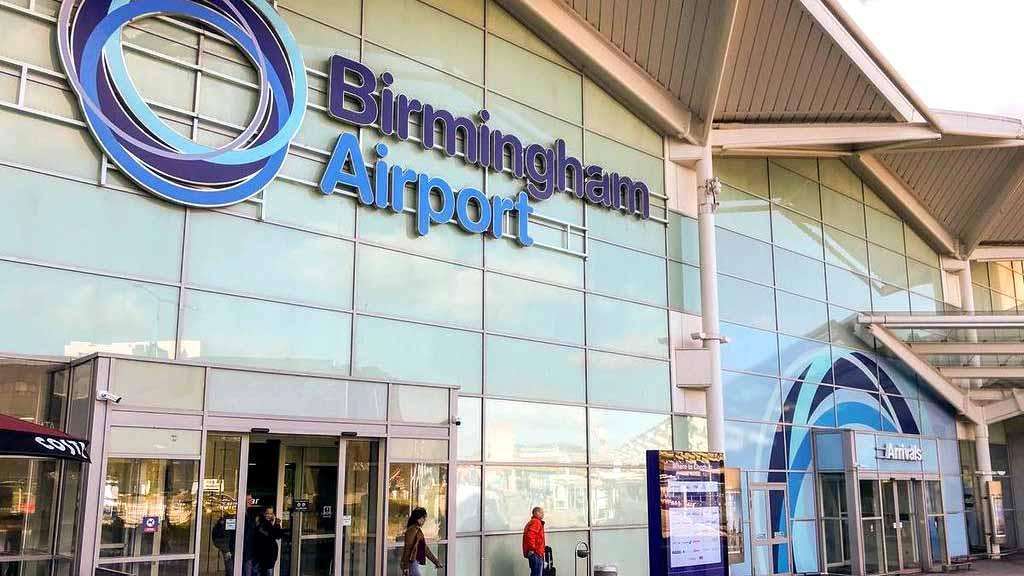
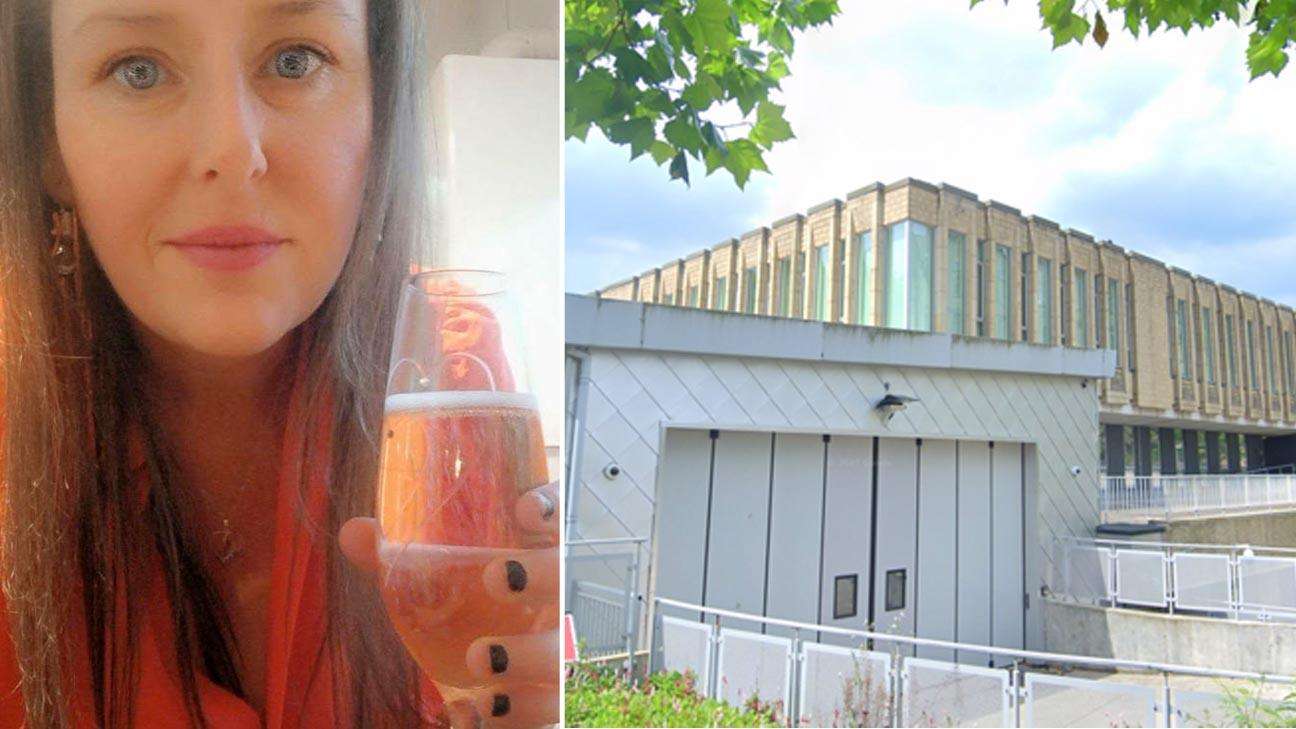

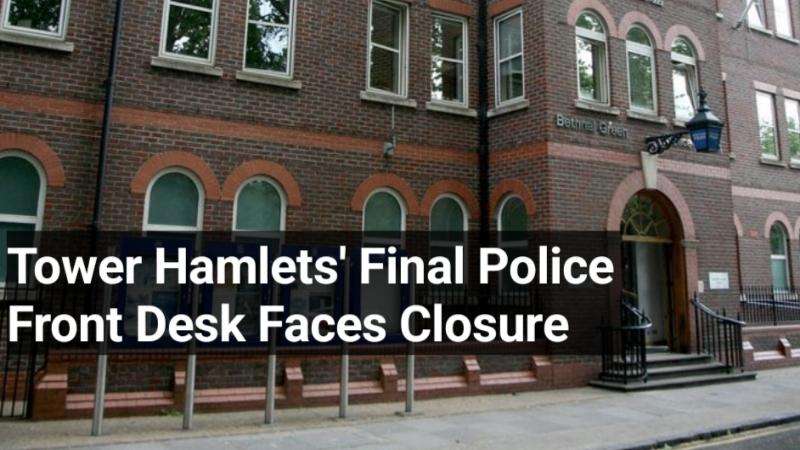
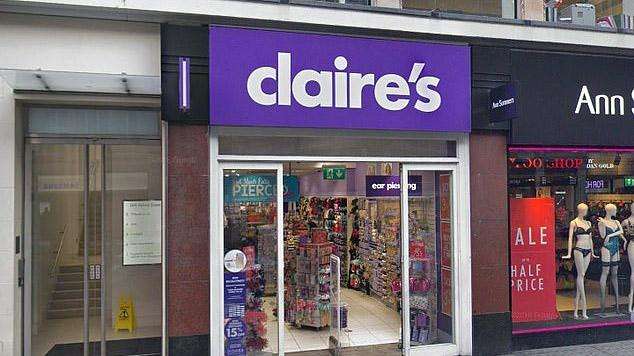


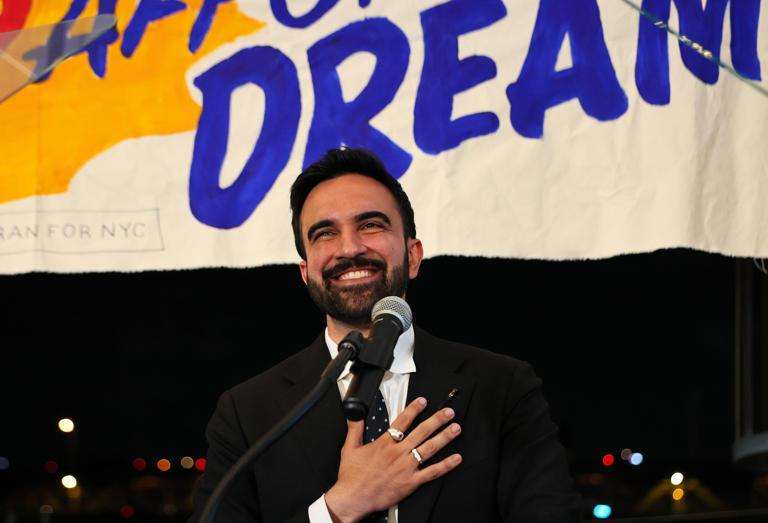
.svg)

